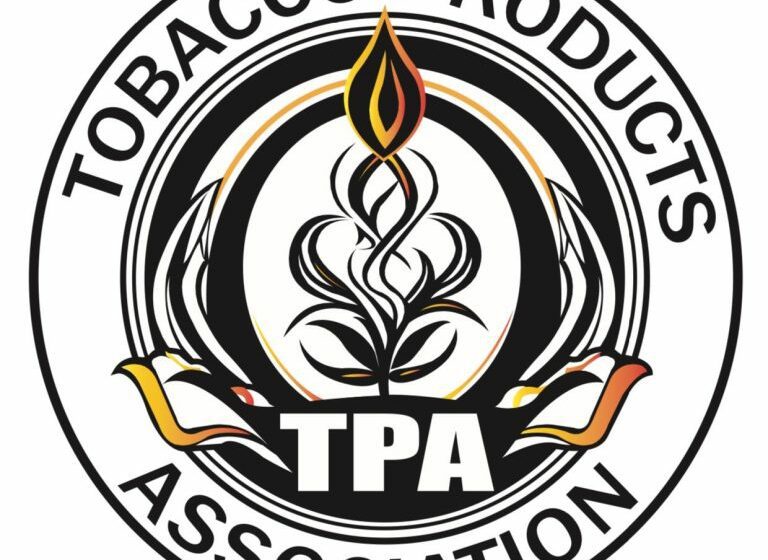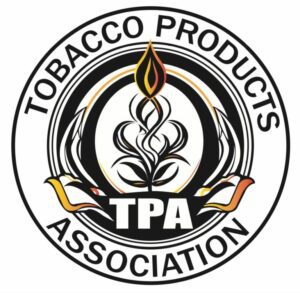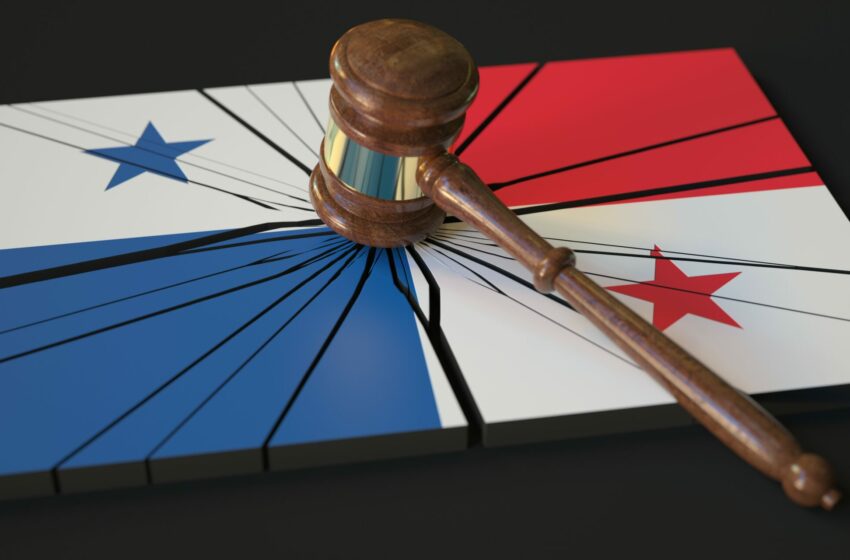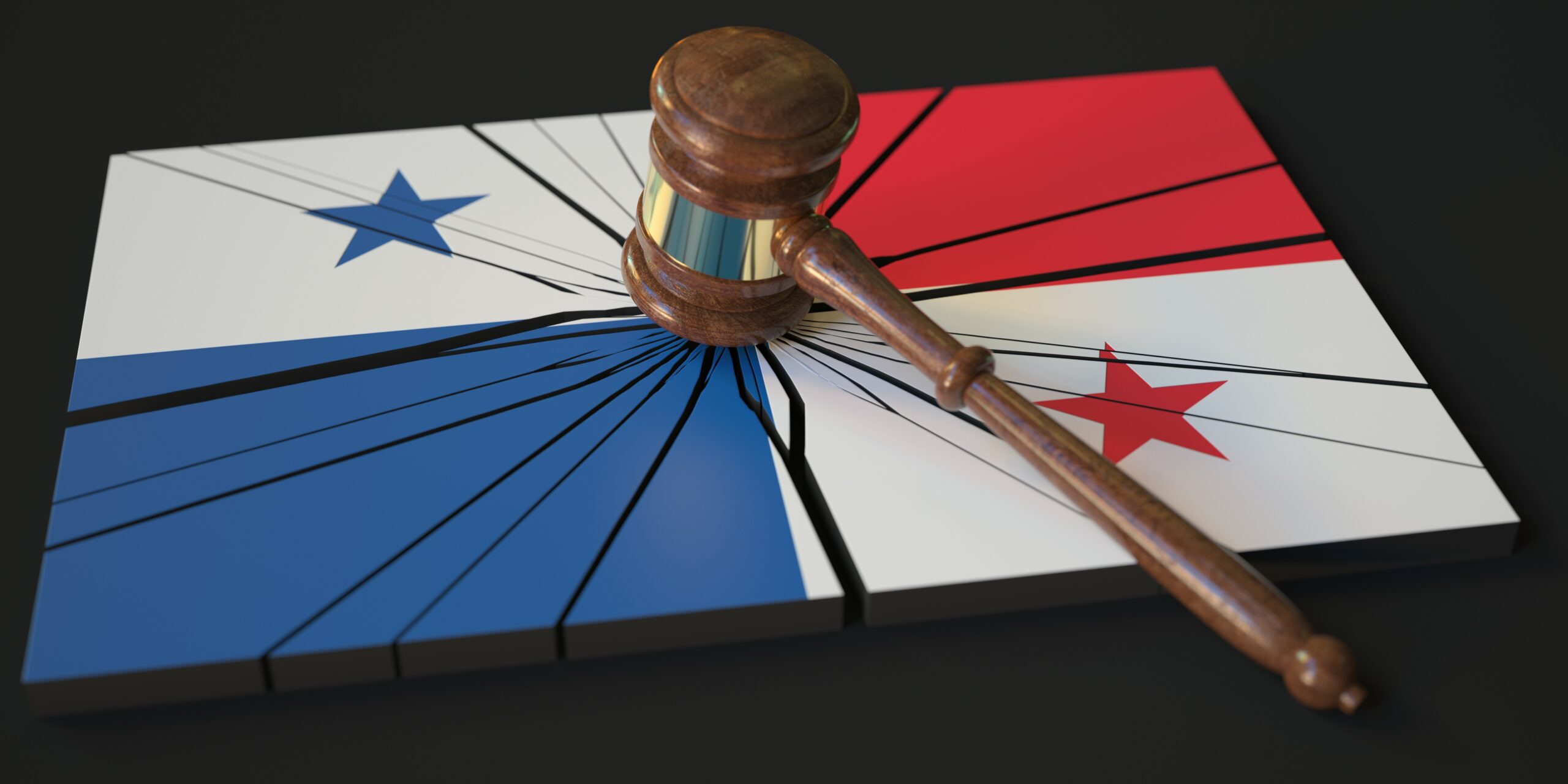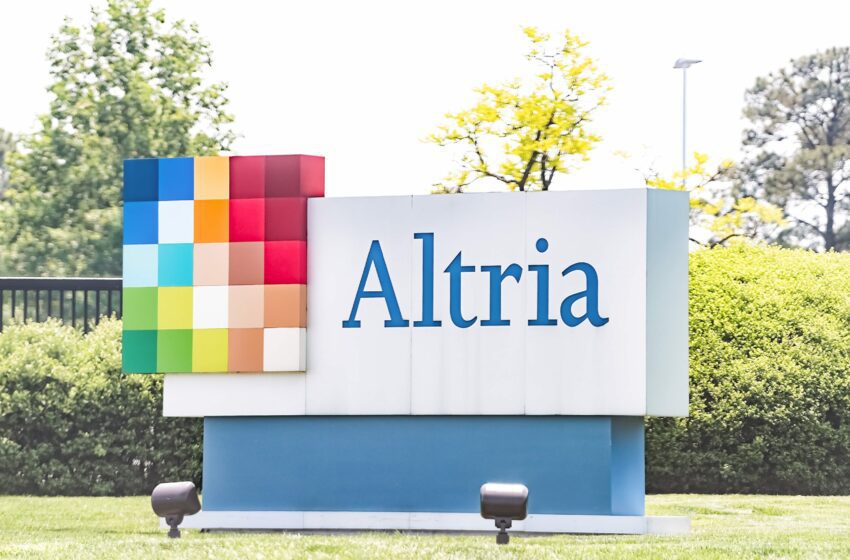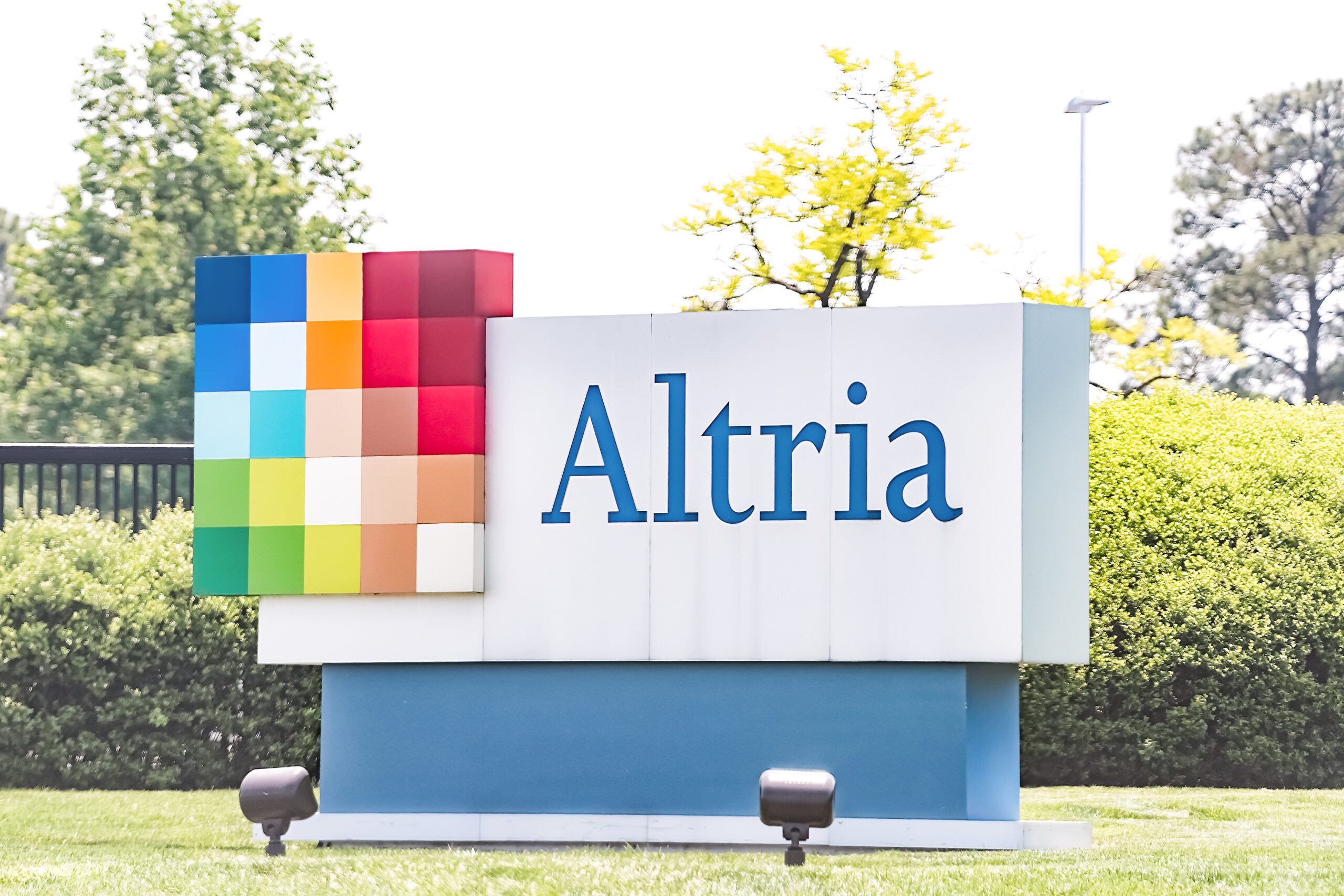
ModernLeaf AI has launched a digital platform offering artificial intelligence solutions to increase productivity for Zimbabwe’s tobacco growers and exporters across the value chain, reports the Zimbabwe Independent.
“Looking beyond Zimbabwe envisions opportunities to expand the platform’s usage across Africa, signaling the need for investment in this ambitious endeavor,” said Takudzwa Sambo, founder of ModernLeaf AI. “ModernLeaf AI is poised to play a pivotal role in advancing the tobacco industry on the continent.”
“With cutting-edge AI technology, ModernLeaf AI empowers you with precision crop monitoring, advanced predictive analysis, early disease detection, premium quality control updates, strategic market insights, cost-efficient solutions, export strategy and compliance in international markets, [and] tobacco business intelligence in over 120 countries,” said Sambo.
Sambo emphasized that leveraging AI to propel Zimbabwe’s tobacco sector onward is a necessity. “I am grateful to the government for its vision outlined in Vision 2030, emphasizing the importance of youth involvement in realizing the strategic goals set forth in the National Development Strategy 1.”












